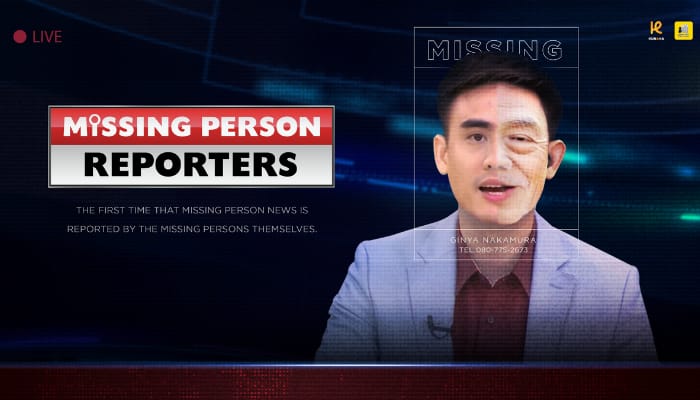Singapore – The Ministry of Digital Development and Information (MDDI) has recently announced the introduction of the Elections (Integrity of Online Advertising) (Amendment) Bill, which seeks to introduce new legal measures to uphold integrity of online advertising during elections, as well as aiming to safeguard the integrity and truthfulness of representation during elections.
The bill was introduced to the Singapore Parliament on September, and seeks to amend the Parliamentary Elections Act 1954 (PEA) and the Presidential Elections Act 1991 (PrEA) to introduce new safeguards related to online advertising.
According to MDDI, the bill seeks to introduce new measures to protect Singaporeans from digitally manipulated content during elections, including artificial intelligence (AI)-generated misinformation, commonly known as deepfakes.
“In Singapore, we have observed a worrying trend of malicious deepfakes, including those used for scams and extortion. Deepfakes are a particularly concerning form of misinformation because they can realistically depict the appearance, voice, or action of an individual in a manner which can deceive or mislead the public,” MDDI said in a press statement.
It is worth noting that while the government can already deal with individual pieces of online falsehoods against the public interest through the Protection from Online Falsehoods and Manipulation Act (POFMA), targeted levers are needed under the country’s Online Election Advertising (OEA) regime to act on deepfakes that misrepresent candidates during elections.
“Such content, if left unaddressed, can threaten the integrity of our electoral process. Voters must be able to make informed choices based on facts and not misinformation,” the ministry said.
Moreover, the bill proposes to prohibit the publication of digitally generated or manipulated OEA that realistically depicts a candidate saying or doing something that he or she did not in fact say or do. This prohibition will only apply to OEA depicting persons who are running as candidates for an election.
MDDI also stated that the Infocomm Media Development Authority (IMDA) will introduce a new Code of Practice requiring specified social media services to put in place measures to prevent and counter the abuse of digitally manipulated content on their service(s). IMDA will engage social media services in the coming months to work out the details of the code.


